In today's digital age, protecting our personal data has never been more crucial, and understanding how to safeguard your information is essential. From the way we share our details online to how organizations handle our data, there's a lot to unpack. This article will guide you through the fundamental principles of personal data protection, offering practical tips to ensure your privacy remains intact. Join us as we explore this vital topic and empower yourself with the knowledge to navigate the digital landscape safely!

Data Subject Rights
Data protection regulations, such as the General Data Protection Regulation (GDPR) in Europe, grant individuals specific rights regarding their personal information. These rights include the right to access personal data held by organizations, right to rectify inaccurate or incomplete information, right to erase data under certain circumstances (the "right to be forgotten"), and right to restrict processing of personal data. Individuals may also exercise the right to data portability, allowing them to transfer their data between service providers. Additionally, the right to object to processing for specific purposes, such as marketing, ensures individuals maintain control over how their data is used. Organizations are mandated to comply with these rights and respond within predetermined time frames, usually one month, to maintain regulatory compliance and foster consumer trust.
Consent Acquisition
The acquisition of consent for the processing of personal data complies with regulations such as the General Data Protection Regulation (GDPR) in the European Union. Organizations must obtain explicit permission from individuals, ensuring they are informed about the purposes of data collection, the types of data collected (e.g., names, email addresses, phone numbers), and their rights regarding their personal data, including withdrawal of consent at any time. This process must be documented meticulously, showcasing transparency in handling personal information, and fostering trust between the organization and data subjects. Consent acquisition forms should be clear, concise, and easily accessible, aligning with best practices for data protection and respecting individuals' privacy rights.
Data Retention Period
Data retention policies are critical for organizations to manage personal information effectively, ensuring compliance with regulations such as the General Data Protection Regulation (GDPR) which mandates specific retention periods. Different types of data require varying retention durations; for example, personal identification data like Social Security numbers must be securely archived and retained for at least seven years as mandated by IRS regulations in the United States. Corporate entities often establish specific retention schedules, outlining retention periods from data collection to eventual deletion, ensuring that sensitive information is managed responsibly. After the designated data retention period expires, organizations must employ secure deletion methods, such as data wiping or physical destruction of storage devices, to mitigate risks of data breaches, maintaining user privacy and trust within an evolving digital landscape.
Security Measures
Establishing robust security measures is critical for safeguarding personal data from unauthorized access and breaches. Implementing encryption protocols, such as AES (Advanced Encryption Standard) with 256-bit keys, ensures that sensitive information remains confidential during transmission and storage. Utilizing multifactor authentication (MFA) adds an additional layer of protection, requiring users to confirm their identity through multiple verification methods (e.g., SMS codes, biometric scans). Regular security audits and vulnerability assessments help identify potential weaknesses in systems, enabling organizations to address risks promptly. Additionally, employee training on data protection best practices is essential, promoting awareness of phishing attacks and the handling of personal information. Compliance with regulations like GDPR (General Data Protection Regulation) sets benchmarks for data protection standards across the European Union. Implementing these measures collectively fortifies organizational defenses against data breaches and enhances the overall security posture of personal data management.
Data Processing Purpose
Data processing purposes encompass various activities such as collection, storage, and analysis of personal information. Organizations must define specific reasons for handling personal data, ensuring compliance with regulations like the General Data Protection Regulation (GDPR). Common purposes include fulfilling contractual obligations, ensuring customer support, enhancing service delivery, conducting market research, and improving user experience. Transparency in data processing allows individuals to understand how their information will be utilized, potentially involving data retention periods, risk assessments, and security measures to protect personal data from unauthorized access. Clear communication about processing purposes fosters trust, empowering individuals to make informed decisions regarding their personal information.

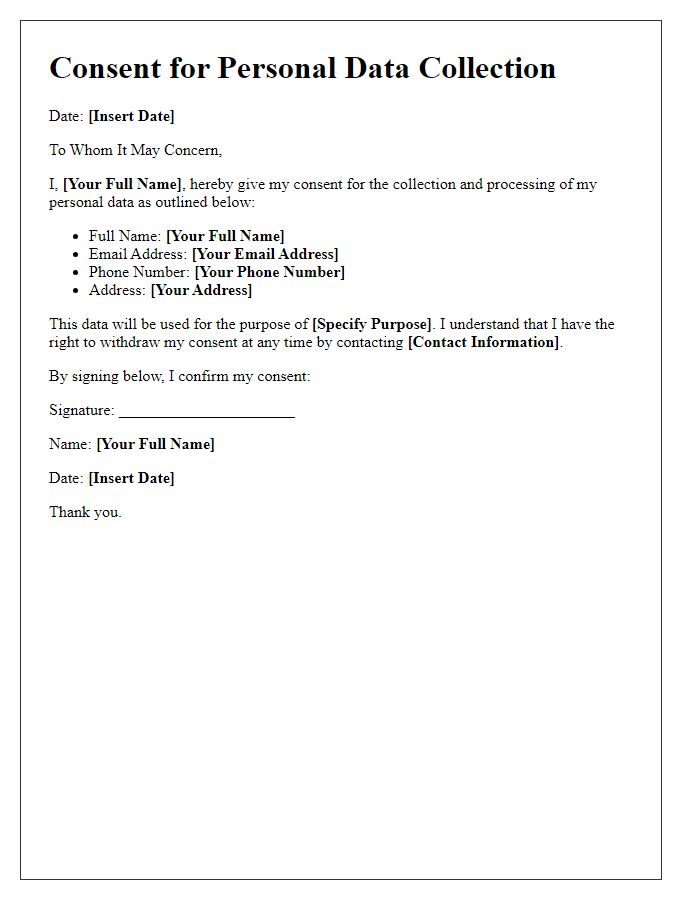
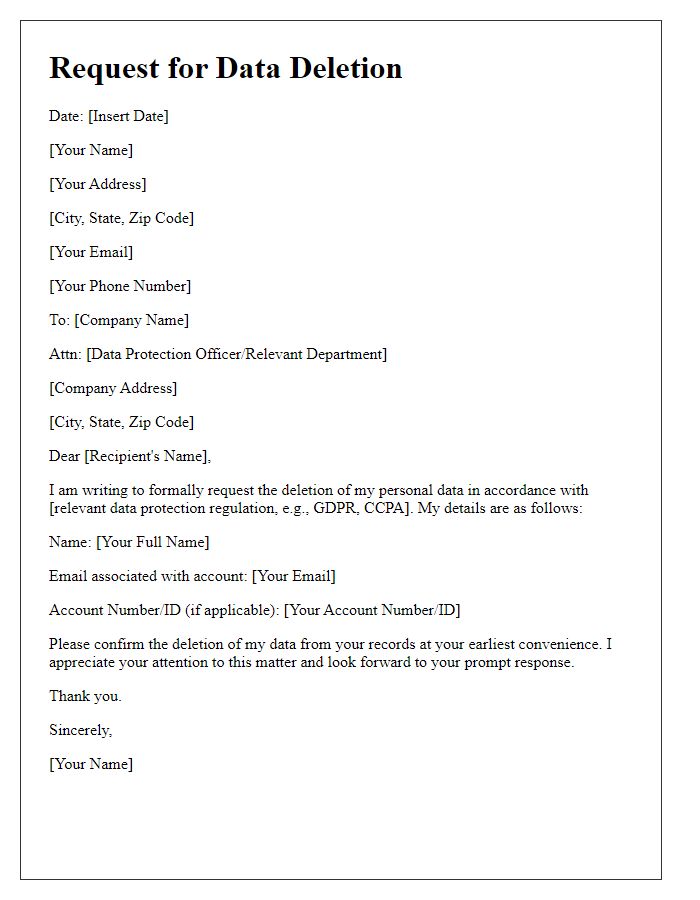
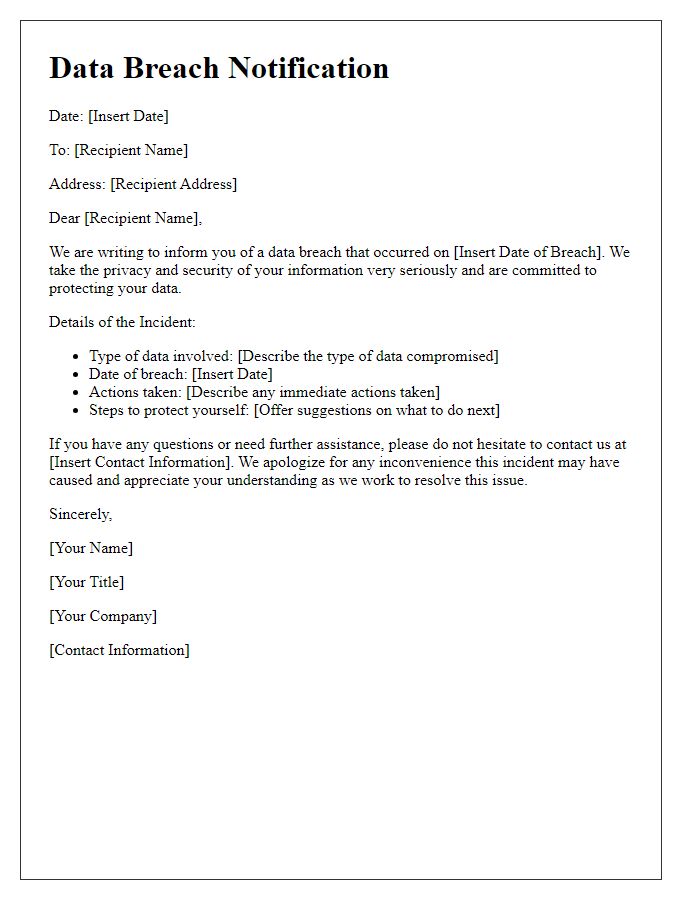
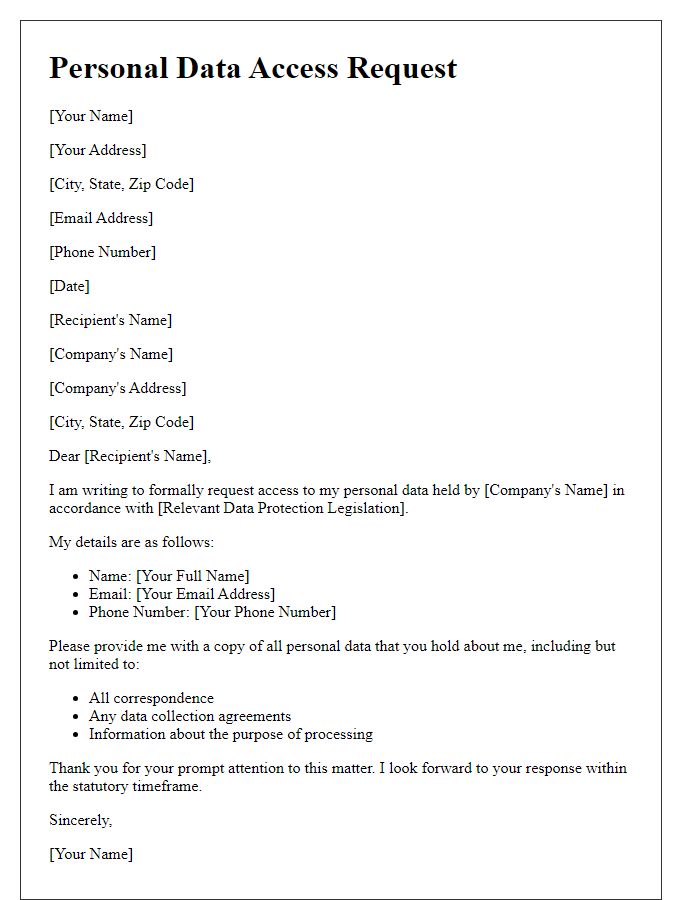
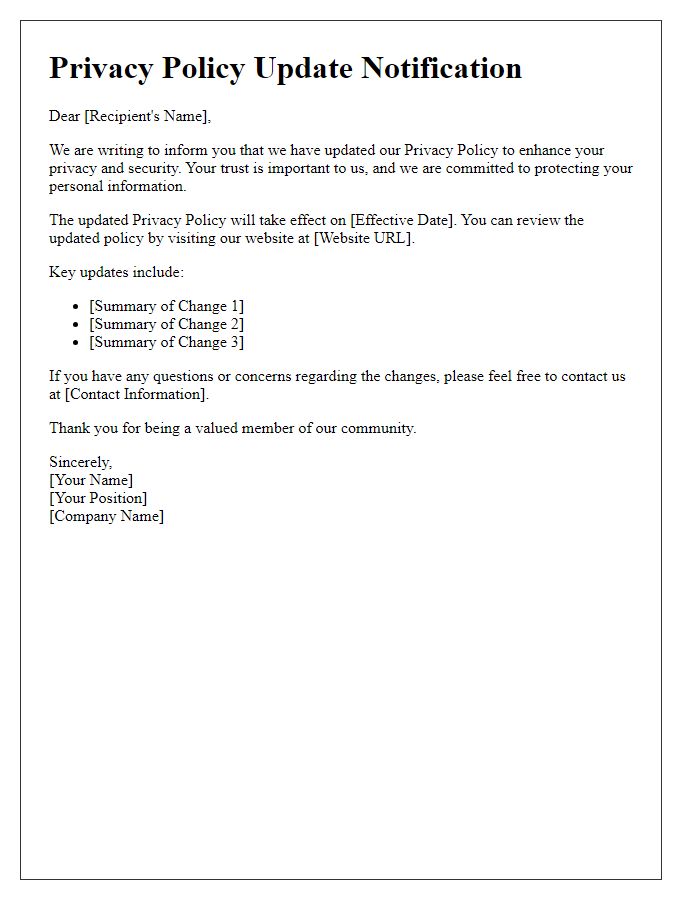
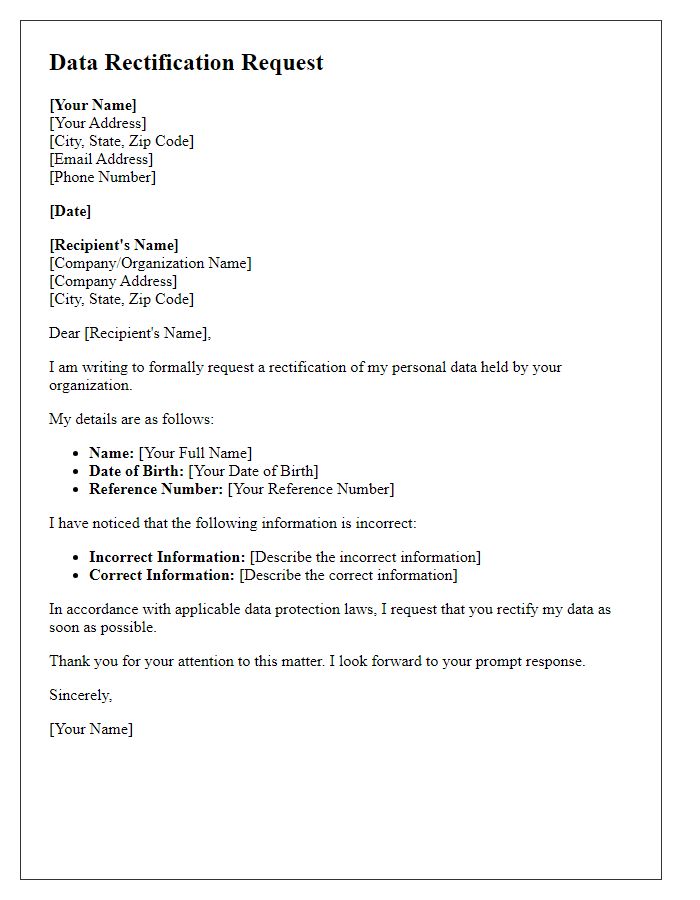
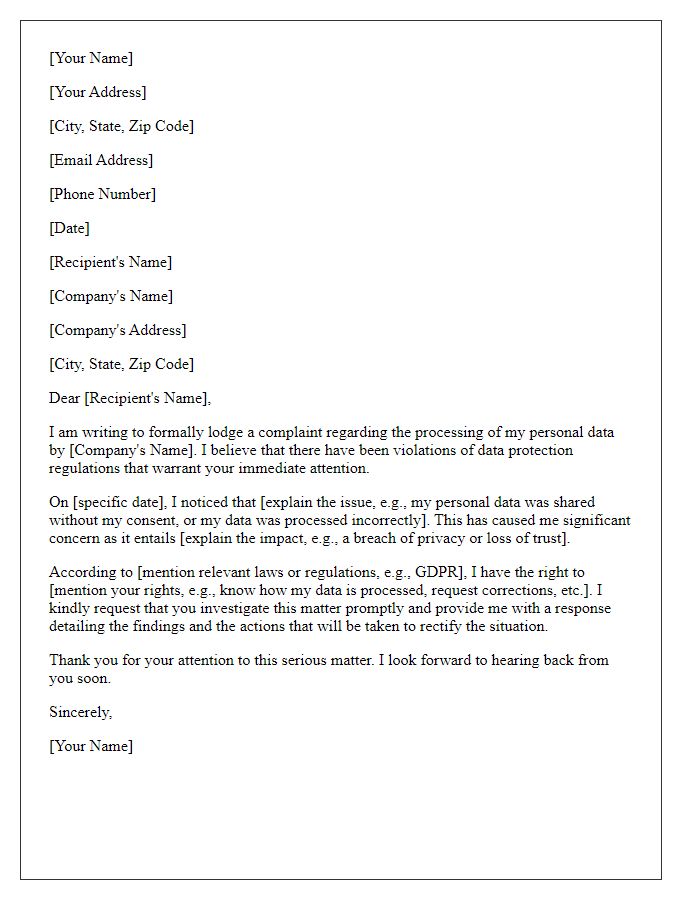
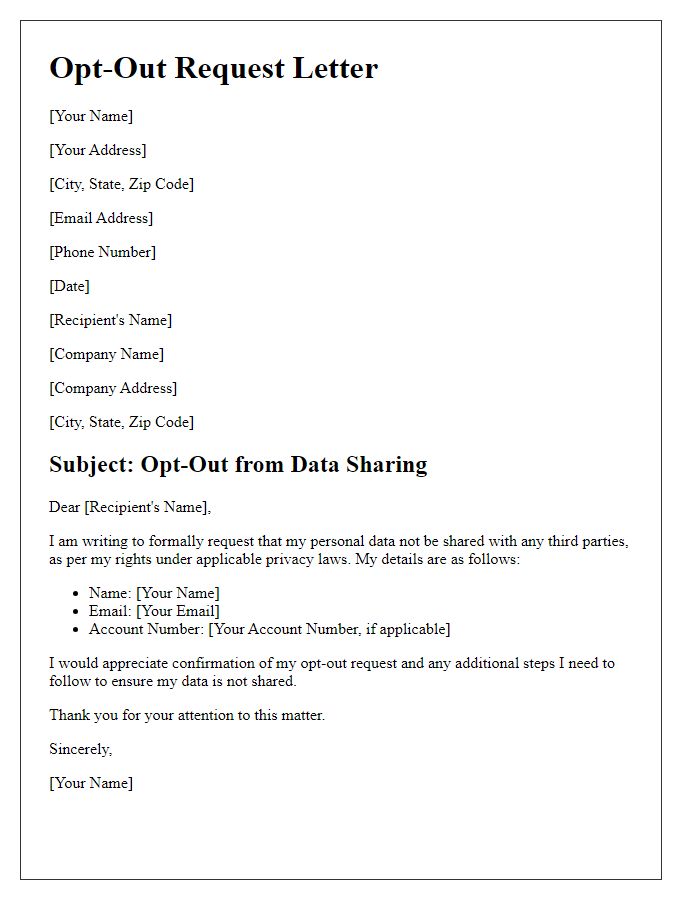
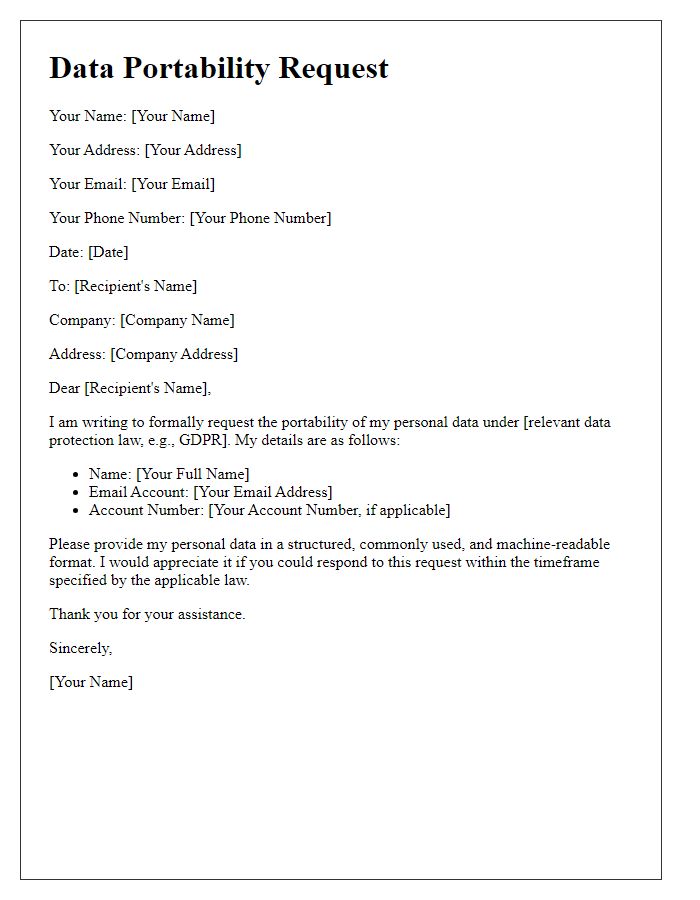
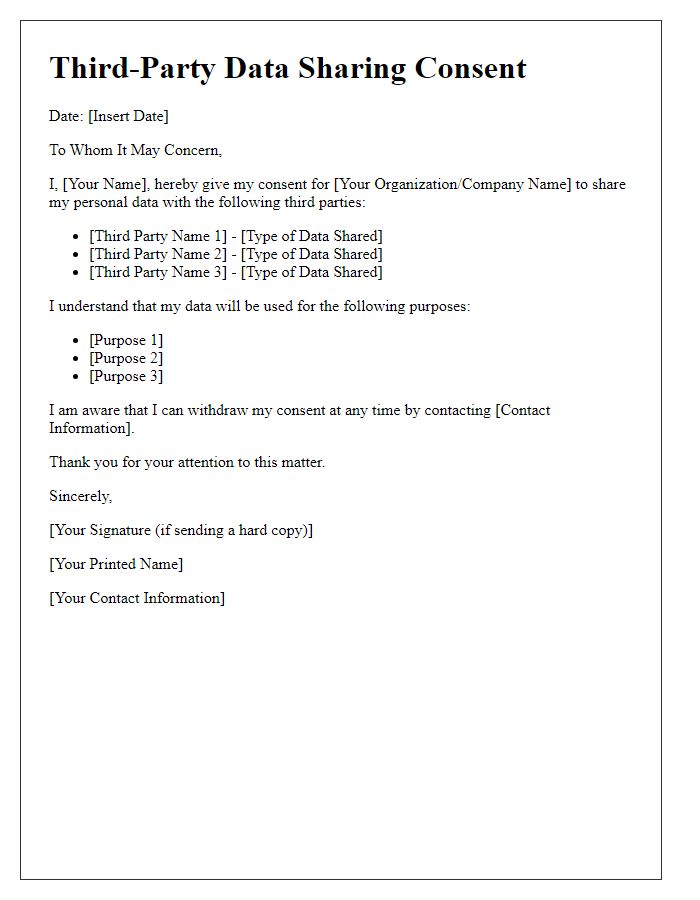


Comments